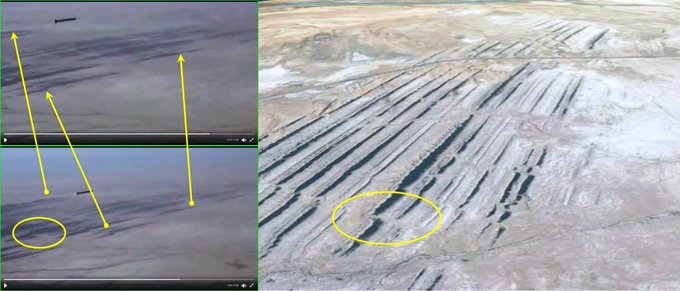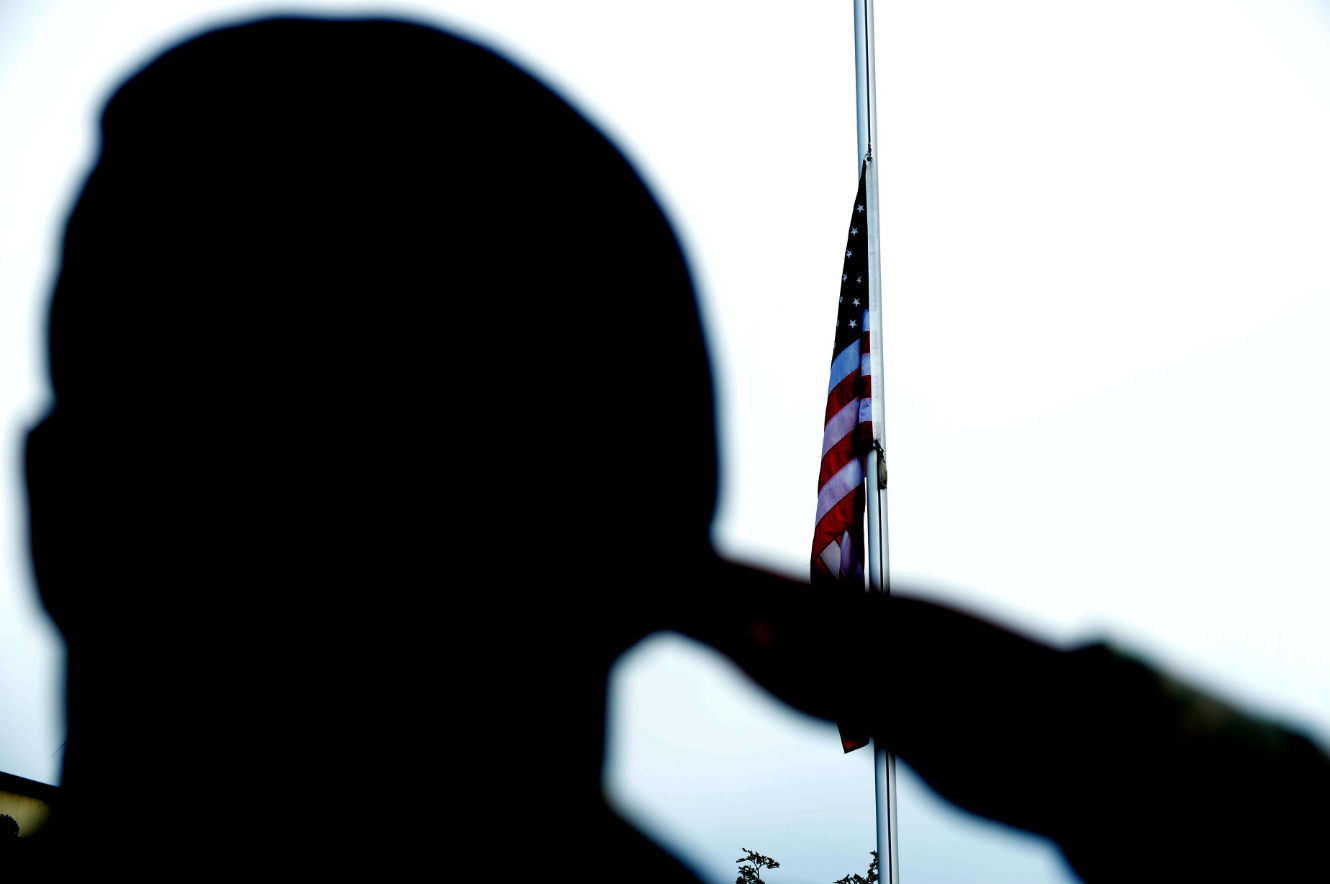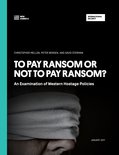Vipin Narang, Walter C. Ladwig III
 General Bipin Rawat’s reference to Cold Start raises vital questions about what he means by the phrase and whether he was authorised to speak on the matter by the government
General Bipin Rawat’s reference to Cold Start raises vital questions about what he means by the phrase and whether he was authorised to speak on the matter by the government
In a wide-ranging interview with India Today, the new Chief of Army Staff, General Bipin Rawat, appeared to drop a bombshell by acknowledging the existence of the army’s Cold Start strategy. Many defence analysts presumed the army had abandoned this limited war concept altogether, or narrowly focussed on streamlining mobilisation while still maintaining the fundamental Strike Corps organisation and doctrinal concept. Either Gen. Rawat has dispensed with 15 years of semantic gymnastics and simply referred to these “proactive strategy options” by their more common nomenclature, Cold Start, or, the Indian Army has been quietly reorganising its limited war concept along more aggressive, and offensive, lines with little fanfare. The government would be wise to clarify Gen. Rawat’s statements. Ambiguity surrounding Cold Start, which incurred real diplomatic and security costs for India without delivering deterrence benefits, did not advance the country’s interests when it was first announced, and such uncertainty is unhelpful today.
Pakistan-centric retaliatory option


















